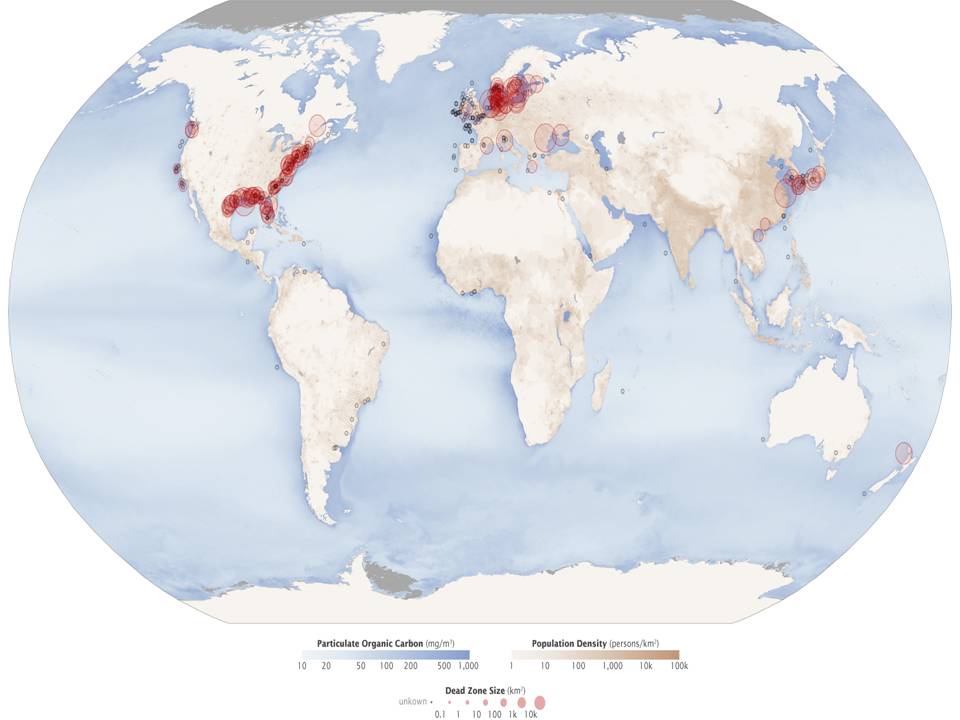What Does Global Citizenship Mean To You?
Posted OnAugust 7, 2014 by
By Marilyn Arwood.
Part of what AIDemocracy is focusing on this season is the concept of global citizenship. What does global citizenship mean and why should we be talking about it at AIDemocracy?
Global citizenship is a daunting topic. You may have heard that it means being aware of cultural differences, working toward humanitarian and peaceful goals, contributing to an increased understanding of the environment, among other possibilities. Advocacy groups for various causes around the globe encourage us to work on becoming ‘global citizens,’ but without really specifying what that can mean. How can you make yourself into a more active and aware global citizen, when the very idea of what that means seems so nebulous?
The fact is that the world is a big place, and our global society today has a lot of problems. Being a global citizen doesn’t require expertise in every field, but it requires an understanding of the world that takes into account some big things. Global citizenship presents many challenges: care for the planet and society as a whole, give voice to and listen to those who are neglected, cultivate a passion for learning, and play an active role in promoting positive global change. The open-mindedness and dedication to humanity that true global citizens possess can make great impacts on the world. While global citizenship is a multi-faceted project on a large scale, the individual can use global citizenship on more targeted efforts. No one can simultaneously tackle every global issue, but using a global perspective can help them better understand the specific challenges they wish to address.
Take the ideals that are typically associated with the ideal global citizen: open-mindedness, curiosity, compassion, creativity, to name a few. These traits are invaluable to any agent of social change or innovation. Global citizens are not omnipotent or all knowing, they are just able to see the broad impacts of their work. An effective global citizen can be working on a very localized problem, but they are aware of its interconnectedness to broader issues. A global citizen simply has the awareness and critical-thinking skills to place themselves and their work within the larger context of the world. Seeing past yourself, and seeing how you affect and are affected by others on a global scale, is a crucial first step to global citizenship.
A specific or working definition of global citizenship may be hard to come by, but that does not mean that global citizenship is unimportant, or that it can be written off as a totally abstract concept. Rather it suggests that global citizenship is so crucial to the betterment of our world that no one person can do it all. What does that mean for you? As a young, thoughtful, political- and global-minded youth, there are causes, people, ideas, or problems that you are invested in. I challenge you to work on these causes, whatever you are passionate about, and to employ a global frame of mind when doing so. What does conservation look like in countries where people are starving? What does the burqa mean to Muslim women, and how is that different from what a dress code means to an American middle-schooler? Is it wrong for corporations to move factories overseas if it gives millions of workers stable employment?
These are not easy questions, not easy problems, and they do not have easy solutions. While the global citizen may face many challenges today, I do not doubt that if you begin the kind of critical thinking and passionate advocacy that is required in global citizenship, change is not only possible; it is inevitable.
